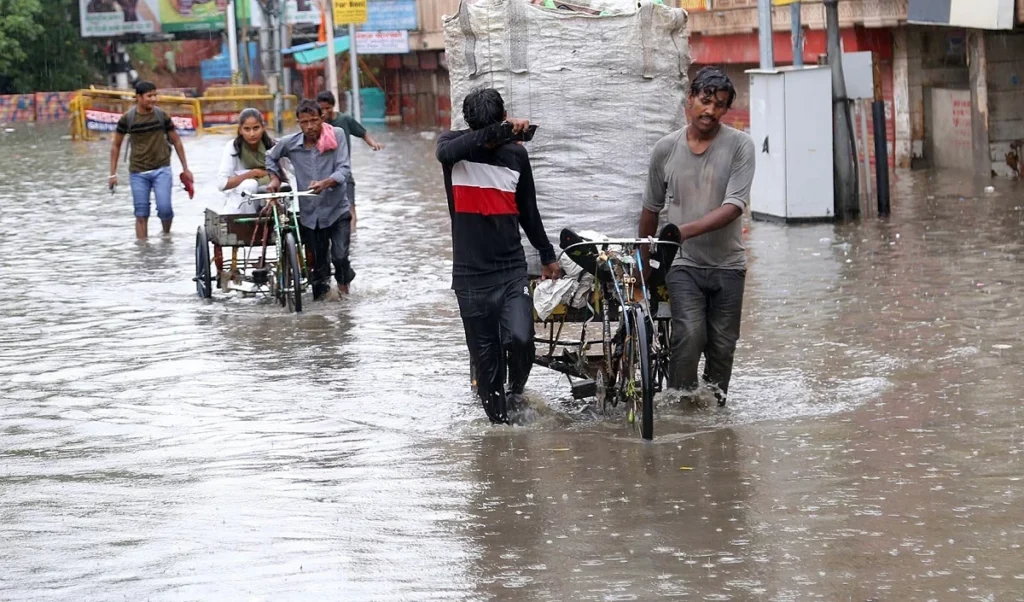Dharmendra Pradhan is currently serving as the Minister of Education of India, an important member of the Council of Ministers. The Ministry of Education has been the cornerstone of India’s governance since 1947. In 1985, under Rajiv Gandhi’s administration, it underwent a transformation and was renamed the Ministry of Human Resource Development (MHRD). However, in recent times there has been a significant policy shift under Prime Minister Narendra Modi with the introduction of the National Education Policy 2020, leading to the ministry being rebranded by its original name, the Ministry of Education.
first education minister of india
Abul Kalam Azad was the first education minister of independent India. He was a prominent leader in the Indian National Congress, which fought for India’s independence from British rule. Azad was not only a politician but also a religious scholar, writer, and poet. He was given the title of Maulana and was known by the nickname Azad. Azad wrote poetry and discussed religion and philosophy. He gained fame as a journalist, writing articles criticizing British rule and supporting Indian nationalist movements. Azad played a key role in the Khilafat Campaign and met Mahatma Gandhi, making him a strong supporter of Gandhi’s non-violent protests. Azad became the youngest president of the Indian National Congress at the age of 35. He organized important protests such as the Dharasana Satyagraha and worked for Hindu-Muslim unity, secularism, and socialism. During his presidency, the Quit India Movement was launched against British rule, which led to his imprisonment along with other Congress leaders. Through his newspaper, Al-Hilal, Azad also promoted harmony between Hindus and Muslims. Today, India celebrates his birthday as National Education Day to honor his contributions to education and nation-building.
Objectives of Education Ministers of India
1. Development and effective implementation of National Education Policy to improve the overall education system.
2. Ensuring access to quality education across the country, especially in areas that have been historically disadvantaged.
3. Prioritizing the needs of disadvantaged groups such as the economically disadvantaged, women and minorities.
4. To provide financial assistance, including scholarships and loan subsidy, to deserving students from marginalized backgrounds to facilitate their access to education.
5. Encouraging international cooperation in education by forming partnerships with organizations such as UNESCO and foreign governments and universities.



